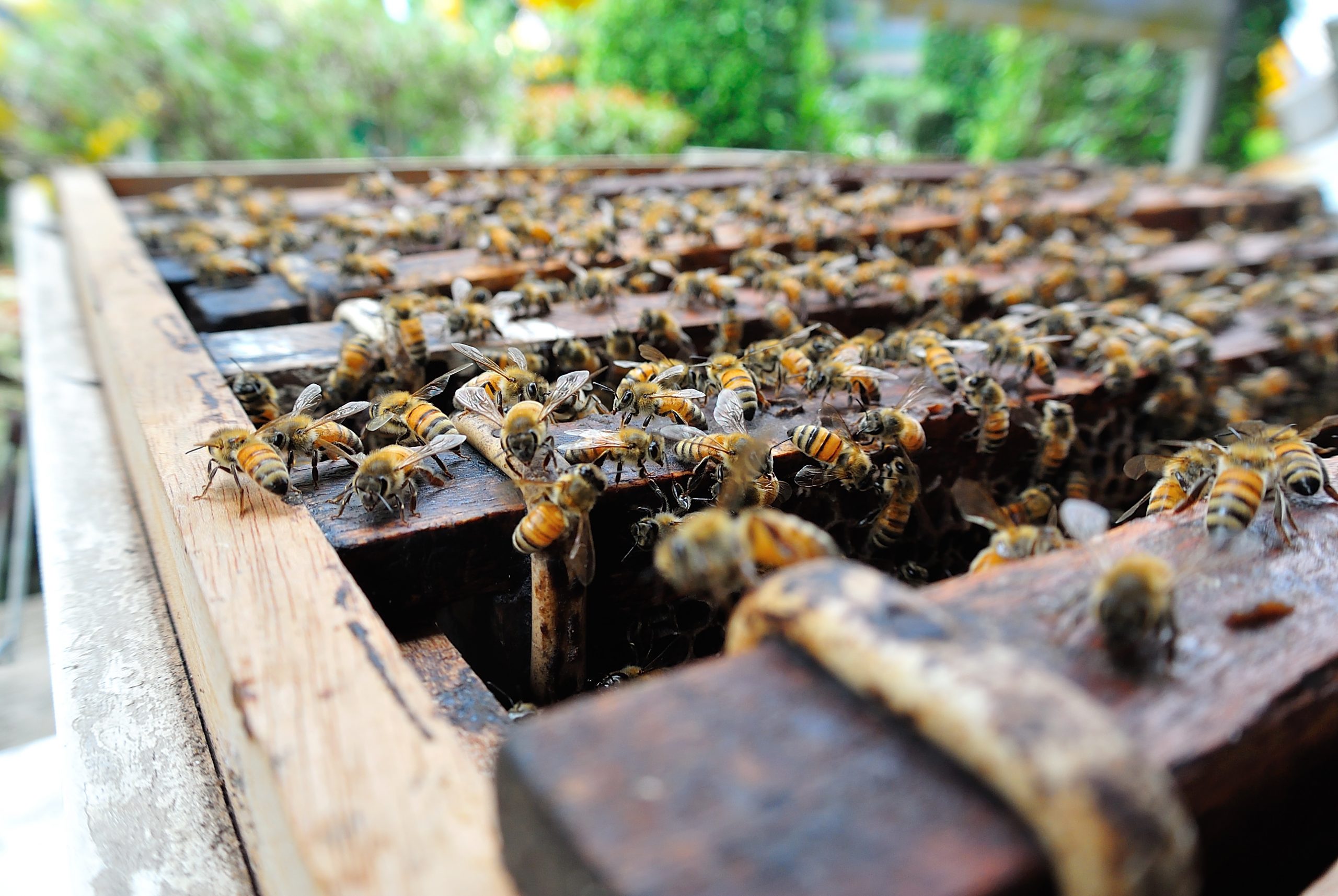Truck Drivers Worried About Roadside Hives
May 22, 2016
Honey News, Honey Bees, Honey Industry
As the Manuka honey industry continues to grow in New Zealand and elsewhere, a consistent surplus of beekeepers is becoming more common, and with that many honeybee operations in one finite space, problems are bound to come up. In some cases, those problems have the potential to be dangerous. And that is why truck drivers, motorists, and cyclists in Taranaki, NZ are calling for an evaluation of Manuka honey beehives alongside roads and highways full of honeybees that can sting drivers and cause fatal accidents, such as one tanker crash in Nelson, NZ just last week.
Tom Cloke, the Taranaki executive for the truck lobbying group, Road Transport Association (RTA), has written to Apiculture New Zealand on behalf of those he represents requesting that beekeepers put up signs warning drivers when harvesting or checking hives. As Cloke stated, there appears to be no rules to where beehives can be placed, and many beekeepers have been setting up by the road. "The problem is,” Cloke said, “when they go to check on the honey, they send the bees into a swarm right next to the road," he said. "For a truck driver towing tons of cargo, having a bee sting you while you're driving is a recipe for disaster."
Cloke believes having signs at or near roadside hives warning drivers to close windows could prevent accidents waiting to happen. However, Apiculture New Zealand chief executive Daniel Paul remains unsure how feasible putting signs up would be. "We do advise our members to be aware of where they are placing their hives," Paul said. One beekeeper, Stephen Black, suggested it was mostly “cowboy apiarists” from outside Taranaki who were placing hives by the road. "Most of the local guys know to keep their bees away from areas that would cause problems," Black said.
Even further, Black and other beekeepers don’t think signs would be helpful and that beekeepers should take on the responsibility of considerately placing hives. Egmont Honey managing director James Annabell has even made it a general rule that his company doesn’t place hives near roads, mainly as a theft precaution. Even so, Annabell said, “To be honest I would feel a whole lot of guilt if someone had an accident because of my bees…Bees have caused accidents in the past, so putting a sign up is hardly a big ask."
Given the risk of roadside hives—for theft and all drivers and cyclists on the road at risk of fatal crashes—it should be a general practice for beekeepers to place hives away from areas where they would be dangerous to others altogether. Whether or not it should be a written mandate for signs to be put up or for hives to be placed elsewhere, it will be up to the people of Taranaki to decide what works best for them and their Manuka honey industry.


.jpg)



